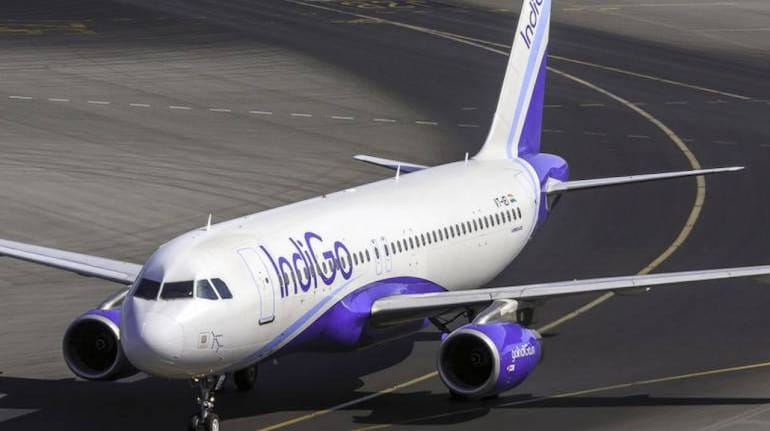



IndiGo's plan to put some of its owned aircraft in the market to raise funds underlines the unique position India's largest airline has in the industry.
The airline has 29 owned aircraft, which include ATRs and A320s. Rest of its peers in the domestic industry have a fleet that is mostly based on sale and lease back model. Few own the aircraft they operate.
"The bottom line is, no other private airline seems to have this flexibility," says Nitin Sarin, Managing Partner of Sarin & Co, which specialises in aviation law. National carrier Air India, adds Sarin, does own some of its aircraft.
At the same time, IndiGo may find itself in a market that is distressed, and has many more airlines trying to do the same - sell and lease back, or sub-lease, their planes.
“The catch is that the level of financial benefit from a sale and lease back is directly correlated to the sales price the airlines can obtain for the aircraft," Helen Spro, an aviation finance analyst at Germany's Scope Ratings told Airport Technology in this article.
Industry pundits though back IndiGo to pull it off, given its 'excellent rapport' with leasing companies. "It also has a good track record when it comes to maintenance of its fleet," says Mark Martin, the founder of aviation advisory firm Martin Consulting.
Raising funds
Earlier this week, IndiGo CEO Ronojoy Dutta had outlined the company's plan to make the most of its assets to raise up to Rs 5,000 crore.
"We own some aircraft, some ATRs, a lot of engines, some A320s. We are putting them back on lease. That will give us Rs 3,000-5000 crore of funding. I am quite optimistic about the prospects of IndiGo," Dutta had said.
He was speaking days after the carrier announced a loss of Rs 870 crore in its fourth quarter ending March 2020. The also added that the company may not make any profits in this financial year, laid low by the disruption caused by COVID-19. This circumstances have forced the airline, which used to add one aircraft a week to its fleet, to instead go into a capital-saving mode.
The airline, at the end of March 2020, had a fleet of 262 aircraft, including 29 that it owns.
Ironically, it was a change in its otherwise favoured strategy that led to IndiGo owning these aircraft. Till 2017, the airline had championed the sale and leaseback model. But that year, it switched to buying aircraft and owning them to bring down ownership cost and counter rising lease rentals.
That change in tack may benefit the company now.
Also Read: IndiGo’s plan to ‘refresh' its fleet of A320 planes, explained
"Our focus is on managing our cash balance by reducing costs, maintaining liquidity, explore alternate sources of revenue...," the IndiGo told Moneycontrol in response to this story.
Global trend
World over, especially in the US, airlines are looking to make the most of their grounded fleet. Southwest Airlines has raised over $800 million by putting 20 its aircraft on SLB model. Delta Air Lines has signed a similar deal with private equity major KKR. United Airlines too has done a sale-leaseback for over 30 of its aircraft.
Also Read: Hope Centre removes cap on air fares by August: IndiGo CEO Ronojoy Dutta
IndiGo, apart from using its owned aircraft to raise funds, can also do something similar by also sub-leasing its other grounded aircraft; or even the new ones that it hasn't yet taken the delivery.
"IndiGo has large confirmed orders with Airbus. IndiGo may not need all of these and makes sense to lease it off to someone who needs. There are airlines looking to induct aircraft even in the midst of this COVID-19 pandemic. Some of the legacy airlines are looking for aircraft that need low maintenance and burn less fuel," says Mark Martin.
Discover the latest Business News, Sensex, and Nifty updates. Obtain Personal Finance insights, tax queries, and expert opinions on Moneycontrol or download the Moneycontrol App to stay updated!
Find the best of Al News in one place, specially curated for you every weekend.
Stay on top of the latest tech trends and biggest startup news.